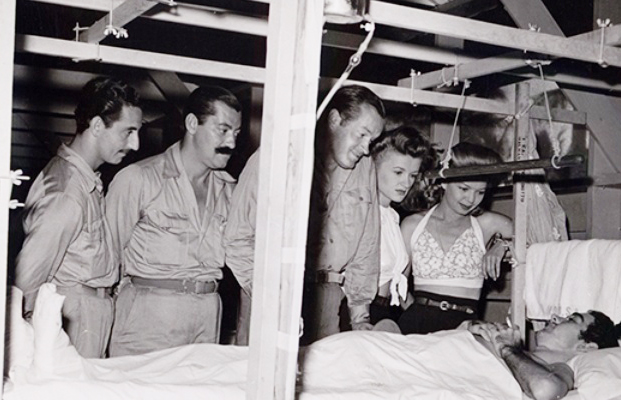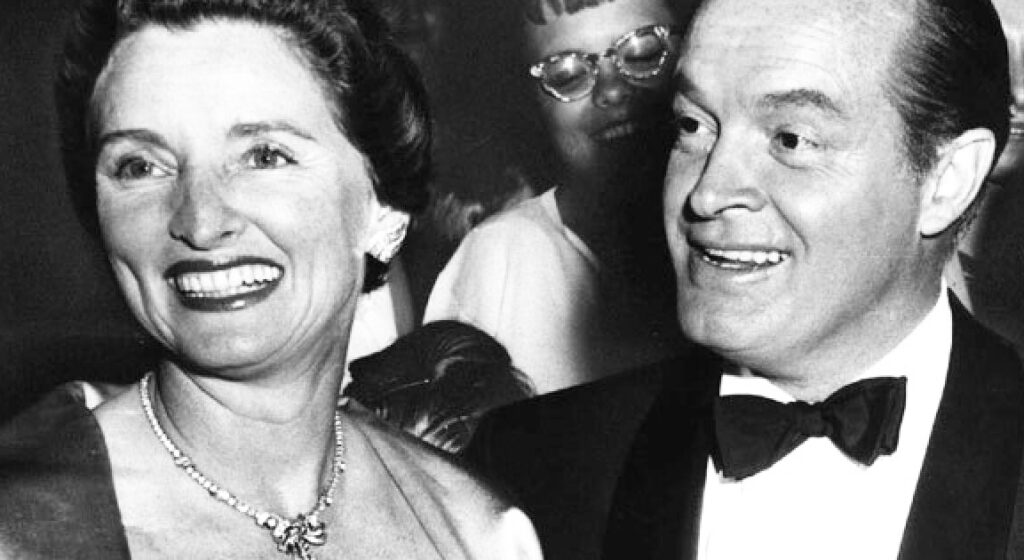The Second World War is rightly eulogized as America’s greatest moment. Few of that generation remain with us, but we share histories of the contributions and sacrifice our own families made toward that victory.
It’s been said that Italian Americans made up the largest ethnic contingent of America’s military during World War II. Perhaps difficult to prove but the odds are good just based on the immigrant population at the time. The irony is that many of the fathers and grandfathers of those young men who volunteered or were drafted in 1941-45 came to America to avoid the Italian military draft. Sure, poverty and economic opportunity motivated most immigrants but the United States had no draft from the end of the Civil War until 1917, a side benefit. Meanwhile, European nations like Italy maintained large standing armies that required 18-months of compulsory military service. Italy was fighting colonial wars in Africa in the late 1800s and fought a war against Turkey in 1911-12. An early death was a possibility.

Patty Thomas, and Frances Langford visit a wounded G.I.
Those were good years to leave Italy. My great uncle arrived here in 1912 at age 17 only to be drafted by the U.S. in 1917 and shipped to France. He was killed there the following year. His brother, my grandfather, was too young for the draft.
There have been lots of personal stories reported this past week in preparation of Memorial Day that confirm Italian American contributions in World War II. Just on Long Island, Newsday reported 101-year old veteran Ralph Asquino served in the Army Air Corps in England and France. Veteran Dominick Critelli, 104, was awarded the French Legion of Honor last year and is planning another trip to France. Recently deceased vet Frank Agoglio, 101, invaded Nazi-occupied France by glider in 1944. What’s more, five of his brothers served in the war—all volunteers! Fortunately, all survived. Frank received the Purple Heart, Bronze Star and the French Legion of Honor.
Nicholas Faraone Jr. has a touching story about his father Nicholas Sr, who served in the Army Air Corps in the Pacific as a B-29 tail-gunner. In 1944, while on a mission his plane exploded killing all on board. His father was one of five brothers who volunteered for service after Pearl Harbor. Nick’s story goes deeper. After Nick Jr.’s mother passed, he found a box full of recordings by his father. Before the war, Nick Sr. had a professional singing career appearing on CBS Radio and soon to sing with a young vocalist named Tony Bennett. Yet, he volunteered to serve and asked for no special treatment like being assigned to the USO. Nick Jr. was born three months after his dad was killed.

Speaking of the USO, another thing I learned last week was about Bob Hope and his troupe of entertainers during the war. Among his small group was actor/singer/musician Jerry Colonna and musician Tony Romano. The female component was singer Frances Langford and dancer Patty Thomas. They logged 80,000 miles pumping up morale in the Mediterranean, European and Pacific theaters. Flying in small planes under some trying conditions and often close to battlefields, the group’s sacrifice truly deserved the nation’s gratitude. Neither Colonna nor Romano are familiar to Boomers. Colonna, famous for his handlebar mustache, bulging eyes and carrying extra-long vocal notes, only worked bit movie and cartoon parts after the war into the 1960s. He died in 1986 at age 82. Tony Romano continued with the USO and arranged music for Johnny Mercer, and Bing Crosby. He came from a musical family where, “if you didn’t sing, you didn’t eat.” He died in 2005 at age 89.
Bob Hope had his own morale booster in his wife Dolores who encouraged his patriotic service through three wars. She was born Dolores DeFina and sang professionally. The Hopes adopted four children, but Dolores still helped with the USO tours. During the Gulf War, she was the only female entertainer allowed to entertain American troops in Muslim Saudi Arabia. She died in 2011, aged 102.
This is a proud part of the Italian American story that Hollywood never relates. -JLM




All so true…..and a bit of local lore, the late Maria Gloria , of the Italo Americano, wrote an article about my Uncle Bill(Baggio), who was wounded for life, fighting in the Aleutian Islands. A forgotten war zone, and the only battle fought in North America. When he finally made it home to a VA Hospital it was always a production for my grandmother to visit him , with an “enemy alien card”. This was a scenario played out over and over again among many in the Italian American community during the war years. It just is what it is. And even this tale will most likely end with me, as the war years phase into history and the glorious stories of battles fought an won, gloss over the true realities of war. The other part of the war years is as a teenager having to take my Uncle to the vets and dealing with “is it war related” to get medical treatment!!!One more personal part of the experience that really gets glossed over!
Thank you John. If I may add this: Sgt Basilone was a ww2 hero. An injury caused the Army to re-assign him state
Side and to “entertain” the troops. He did so, but that wasn’t for him. Instead John Basilone REQUESTED to be re-assigned to COMBAT again and was so re-assigned.
Yes Gennaro. I didn’t mention the 20 or more Medal of Honor winners or the persecution of thousands of Italian Americans while their sons were fighting for the USA. This Memorial Day should remind us that our real legacy is not food or Nonnas but building and defending this country of ours.
The Ken Burns series on WWII told the stories of quite a few Italian American service men and their families during the War. One mother who loved playing the piano never played again after she lost her only son. I was moved to the point of tears seeing how fairly, bravely and nobly Italian Americans were portrayed in the series – as opposed to most movies about the WWII where Italian American soldiers are included in the cast apparently only to provide “comic relief”.
There is also the HBO series The Pacific produced by Steven Spielberg that has two or three episodes with Sgt John Basilone’s story dramatized. This does not speak well for our useless filmmakers who can only churn out mafia and food movies to ‘honor’ their heritage.